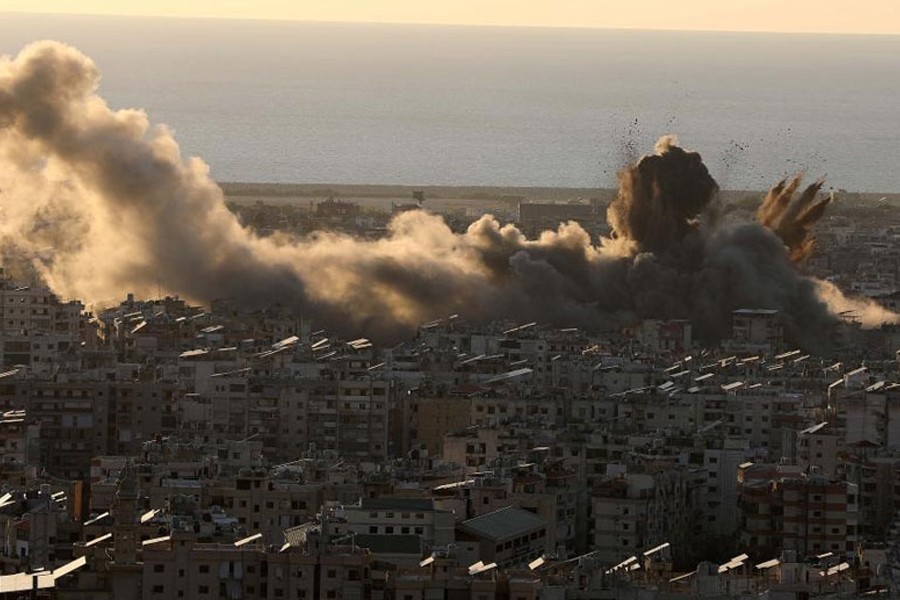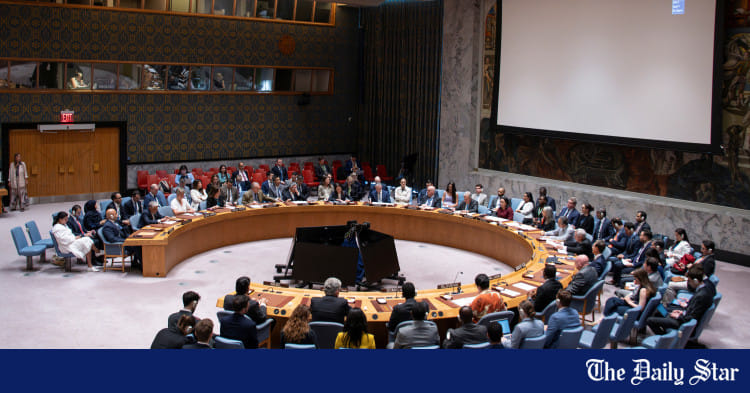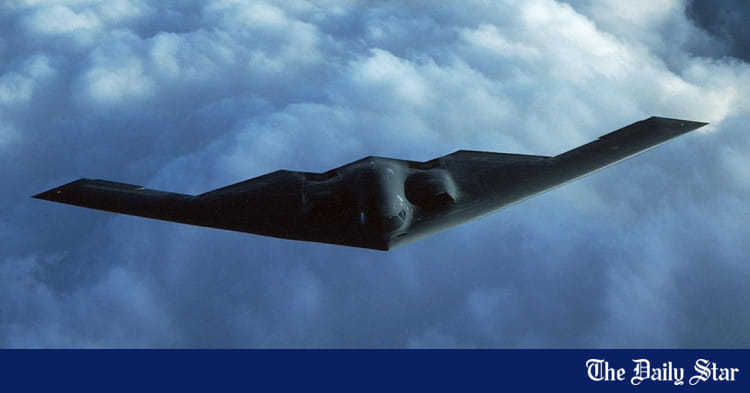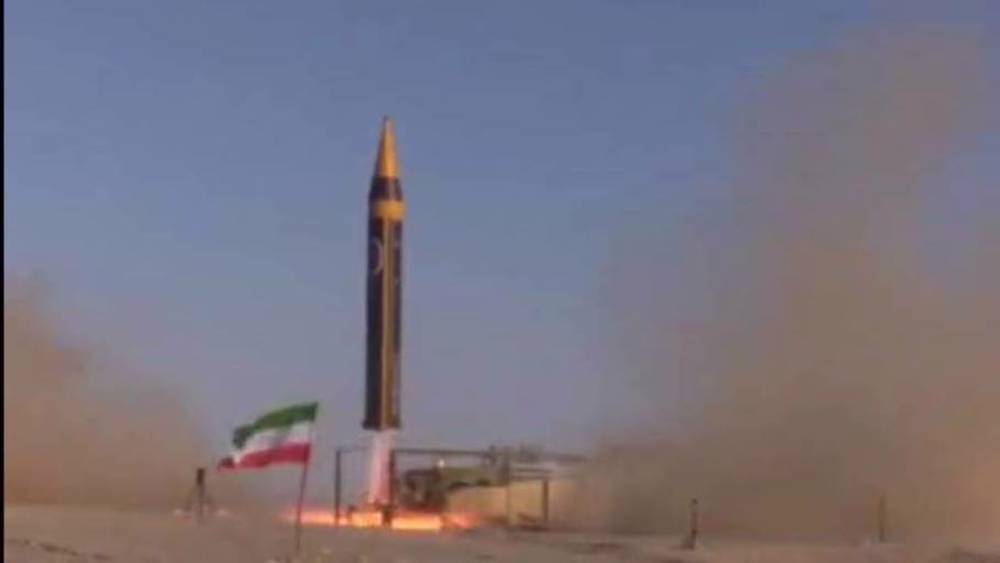- 3,017
- 1,495
- Copy to clipboard
- Moderator
- #1,051
did I post this earlier ?
That is (I believe) Torah scripture (part of it) enclosed in a box over his head.
Follow along with the video below to see how to install our site as a web app on your home screen.

Note: this_feature_currently_requires_accessing_site_using_safari
 World Affairs
World Affairsdid I post this earlier ?
The holy books did not talk about 'Hindoos'. There was no such thing as a Hindu before the British Raj and Hindu Mahasava in India invented the term.This enmity is rooted in holy book where enmity with jews and Hindoos is preached.
I am rather surprised your Sangh heart bleeds for Muslims - whether Hijabi girls or Sunnis, who are themselves persecuted in India by Hindutva folks.See how those girls were killed for not wearing Hijab. How Sunni clerics are hanged on cranes.
You don't share a border with Turkey or Egypt. Yet there is no dearth of hate coming for those countries from Hindutva Indians. All Muslims are enemies according to Hindutvas in India.I don't see any reason of enmity between Israel and Iran. They don't share border nor it is a fight for natural resources.
Unbelievable! @Bilal9


Nahi yaar......This is all about hegemony!That is what India insist. However, Iran's decision makers were committed to obliterate Israel . I don't see any reason of enmity between Israel and Iran. They don't share border nor it is a fight for natural resources. This enmity is rooted in holy book where enmity with jews and Hindoos is preached. More important of that is Muslims have great faith in that. It is their holy duty finish off Hindoos and jews untill then Qayamat will not come. Israel had no option but to finish off capabilities and will of Iran to obliterate Israel. The sad part of this war is the victims innocent Iranians who wants to live peacefully but can't do that because of fanatic Ayatollah to whom they have not elected. See how those girls were killed for not wearing Hijab. How Sunni clerics are hanged on cranes. I sincerely hope that Iranian people or Israeli people don't suffer don't suffer more because of this war.


did I post this earlier ?






Iran must reinvade Syria and kill the Al-Qaeda/ Daesh muzlims backed by Israel and AL-Turkiya. Reactivate other muzlim toady like Hezb and Hoosi's ASAP.
This would be a great strategic move right now to really fukk Israel up.





Sub jhoott doc........pata nahi kya bukvaas these both Irani/ hillbillay feeding us bewaquff.Exactly!
Bring the fkn war to the ground.
And then use your numbers.











If Iran shuts down dis PG, dat is Iraans nuke weapon right there no?
Iranian parliament moves to close Strait of Hormuz after US aggression
In a decisive response to the US aggression against Iran's peaceful nuclear facilities, the Iranian parliament has voted to close the strategically vital Strait of Hormuz, reports the Iranian news network Press TV. A senior Iranian lawmaker, Esmaeil Kowsari, said on Sunday that the Majlis (Ithefinancialexpress.com.bd
Iranian parliament moves to close Strait of Hormuz after US aggression
Published :
Jun 22, 2025 20:53
Updated :
Jun 22, 2025 20:54
View attachment 19136
Oil tankers pass through the Strait of Hormuz, December 21, 2018. REUTERS/Hamad I Mohammed/File Photo
In a decisive response to the US aggression against Iran's peaceful nuclear facilities, the Iranian parliament has voted to close the strategically vital Strait of Hormuz, reports the Iranian news network Press TV.
A senior Iranian lawmaker, Esmaeil Kowsari, said on Sunday that the Majlis (Iranian parliament) has agreed to close the key artery for global energy trade in response to the American aggression and the silence of the international community, according to the report.
Kowsari, a member of the parliament’s committee on national security and foreign policy, said lawmakers have reached a consensus on the closure of the strait, though the final decision rests with Iran’s Supreme National Security Council, as per the report.
“The parliament has come to the conclusion that it should close the Hormuz Strait, but the final decision lies with the Supreme National Security Council,” Kowsari stated.
The Strait of Hormuz, situated at the mouth of the Persian Gulf, is one of the most critical chokepoints in global trade, with roughly 20 percent of the world’s oil passing through it, the Press TV report says.
According to various estimates, roughly 20 per cent of the world’s oil, about 17 to 18 million barrels per day, passes through the Strait of Hormuz, making it important for global energy.
The narrow strait also sees the transit of a significant amount of liquefied natural gas (LNG), especially from Qatar, which is one of the world’s top LNG exporters, as per the report.
The Strait of Hormuz is the only sea route that connects the Persian Gulf to the open ocean and is home to major oil producers such as Iran, Saudi Arabia, Iraq, Kuwait, and the UAE.
Experts have long warned that any disruption or closure of the strait can lead to immediate and major spikes in global oil prices and disturb the global energy security, according to Press TV.
Before the US launched aggression against the Islamic Republic’s nuclear facilities early on Sunday, experts had warned about the likelihood of the ongoing war imposed on Iran extending to the sea, the report says.
Speaking to Press TV last week, strategic experts said the direct American military intervention will prove costly for the US and the Donald Trump administration, especially if the Strait of Hormuz is closed.
Most multi-national corporations around the world would shut down within days as energy supplies necessary to keep them running would run out, they warned, as per the report.
According to some forecasts, oil prices are likely to jump 80 per cent in the very first week if the Strait of Hormuz is closed, as alternative routes would incur heavy costs, the Press TV report adds.

































All of this was long emptied out Saif bhai.......years ago no?
Did the US strikes succeed, how will Iran respond?
The United States' strikes Sunday on Iranian nuclear sites raised two major questions: how effective were they, and what will Iran do next?en.prothomalo.com
Did the US strikes succeed, how will Iran respond?
AFP Dubai
Published: 22 Jun 2025, 22: 13
View attachment 19157
This handout satellite picture provided by Maxar Technologies and taken on 22 June 2025, shows damage after US strikes on the Isfahan nuclear enrichment facility in central Iran.
The United States' strikes Sunday on Iranian nuclear sites raised two major questions: how effective were they, and what will Iran do next?
US President Donald Trump said the air raids "totally obliterated" the main nuclear sites, calling them a "spectacular military success".
So far, Tehran has given little away about its response, although Foreign Minister Abbas Araghchi said the United States had "crossed a very big red line".
AFP looks at the impact of the attacks and the possible next steps.
What was the effect of the strikes?
The United States targeted Iran's three main nuclear sites including Fordo, a uranium enrichment facility buried 90 metres (about 300 feet) underground.
US Defense Secretary Pete Hegseth said the strikes "devastated the Iranian nuclear programme".
The extent of the damage has not been confirmed, but there is speculation nuclear material had already been moved away.
Heloise Fayet, a nuclear expert at the Institut Francais des Relations Internationales, said satellite images showing activity around Fordo "suggest enriched uranium stock may therefore have been transferred to sites not monitored by the IAEA (International Atomic Energy Agency)".
"We previously had knowledge, albeit imperfect, of the programme thanks to the agency's inspections; now no inspections are possible," she told AFP.
"As for Iran's technical expertise, it cannot be destroyed, knowing that thousands of people have participated in Iran's nuclear programme."
Andreas Krieg, a senior lecturer at King's College London, called the US action a "high-risk operation that delivers unpredictable outcomes", given the facility was deep underground.
"Trump has been using OSINT (open-source intelligence) accounts to say Fordo is gone while the Iranians claim there is only surface-level destruction."
Ali Vaez, Iran project director for the International Crisis Group, said destroying Fordo "won't necessarily end Iran's nuclear programme.
"Tehran has produced hundreds of advanced centrifuges in the past few years that are stored in unknown locations," he said.
What is Iran's next move?
According to Krieg, Iran will seek a "calibrated response -- loud enough to resonate, but measured enough to contain".
Michael A. Horowitz, a geopolitics and security analyst, said its options included attacking US assets, closing the Strait of Hormuz -- a vital conduit for the world oil trade -- or even attacking energy facilities in the Gulf, which hosts several US military bases.
"None of those are good options that achieve anything -- this is mostly about saving face," he posted on X.
"The risks, on the other hand, are great."
However, Horowitz said there were other ways to respond, including a limited retaliation against the US before returning to strikes against Israel and finally negotiating a settlement.
The Iranian government now realises its very existence is at stake, said Renad Mansour, senior research fellow at the Chatham House think-tank, casting it back to the days of the 1980-1988 Iran-Iraq war.
"It's survival mode," he said, predicting "more violence" in the short-term with the prospect of a "managed de-escalation" and eventual negotiations.
Hamidreza Azizi, visiting fellow at the German Institute for International and Security Affairs, said Iran might allow Trump a "symbolic win" and retaliate against Israeli targets instead.
"This keeps Washington out of the war while intensifying pressure on Tel Aviv. The risk of drawing the US further in would now rest on Trump's next move," he posted on X.
"If Trump continues to strike Iran without new provocation, it looks more like going to war on Israel's behalf. That's politically costly, given domestic opposition to war with Iran."
Meanwhile, Iran could deny knowledge of what happened to its enriched uranium, avoiding IAEA inspections, and later leave the Nuclear Non-Profiferation Treaty.
"Trump may have scored a tactical win, but if Iran plays this smart, they hand him a political grenade," Azizi wrote.
"All while shifting the nuclear game into murkier, more dangerous territory."
















What does it say behind the photo? Link? Video?Sub jhoott doc........pata nahi kya bukvaas these both Irani/ hillbillay feeding us bewaquff.
Main kaali kutti aaa gaeee!.....ab main apni saari kaali baady per karrwa tail malun gee aur dhoop main nungi lait jaon gee......
Aaaaaaaahahahahahahaaaaaaa
This is all hollywood nonsense going on, except that Israel key dono nay mill kar gaand maar dee hae playing good cop bad cop......
Dis fukin unprecedented no?
View attachment 19140
A large American flag with a picture of Trump on it was placed on the road for demonstrators to walk over. The protesters shouted out chants against America, Israel and Pakistan’s regional enemy India.
This whole Iran regime change/ denuclearization/ unconditional surrender......Abay chal do rupay k dalit.......apna raasta naap bhai.......
Israel's turned out to be a chutiya outfit just like their camel jaaky cousins.........
What a fukkin pipe dream no? Lund hona hae idher.....lol
Lenay k denay purr gaey:
Sumeett Peer is just so off on his analysis.
He's just like a halwaee person no?........He just mumbles nonsense old lady reverie no?
Iss ka kya karain bhai?
Toad needs to be told to not bring him on the program anymore.
Aik dum (bharrkain/ tarriyaan level) wishful wet dreams outta him no?
Toad sahb bringing down da intellectual level of his channel.
@Vsdoc @Sharma Ji @Krishna with Flute
All of this was long emptied out Saif bhai.......years ago no?
Irans not a foo no?
Nobody knows where all them tens of thousands of centrifuge cascades are today or the HEU for dat matter.
Irans da size of Alaska.......millions of places to hide, millions of possibilities.......half da country is big mountains......
Itsa natural fortress........
The west must invade now, or else all these musings and efforts are wasted........but can the west invade?
Sunni muzlim Al-Qaeda/ Daesh not on board no? cuz theys don't wana get slaughtered like in da Sy-Raaq no?





You an I both know Iranis will rather die than play quiet.Now Iran should just STFU and play along k haan Bilkul everything has been destroyed completely



Exodus jaari hae.......filhaal:
Bhai if this continues for few more weeks, the colony will largely get gutted out.







80k bhaag gaey udher aur taqreeban 10k dubai/ Abu Dhabi bhaag gaey hain.Hearing that Cyprus is the new Israel.





Iran bohot badmash hae vesay........most of us can't even fukking imagine doing this to our neighbor........idher ye 1600km door colony ko thokk ker ab uss ko khali karva rahay hain......
Bohot barri baat hae ye doc.......holy shiit.......in k Tutton ka wazan check karo bhai.......
Hum say to kuchh nahi hota doc.......wtf.....
I mean doing dis against the only super power and his main lieutenant aur vo bhee din daharray sub k saamnay is out of this world crazy....bilkul pagal qaum hae Iran.......
Iss chhottu key gaandd ab maarna confirm ho chuka hae.......just saw feeds from IRGC channels.
@Vsdoc
Ye chhottu lund choos gya ab doc!.......He fukkin done as soon as Iran gets some free time:


gunner uncle ka anal-isis.





Loading...